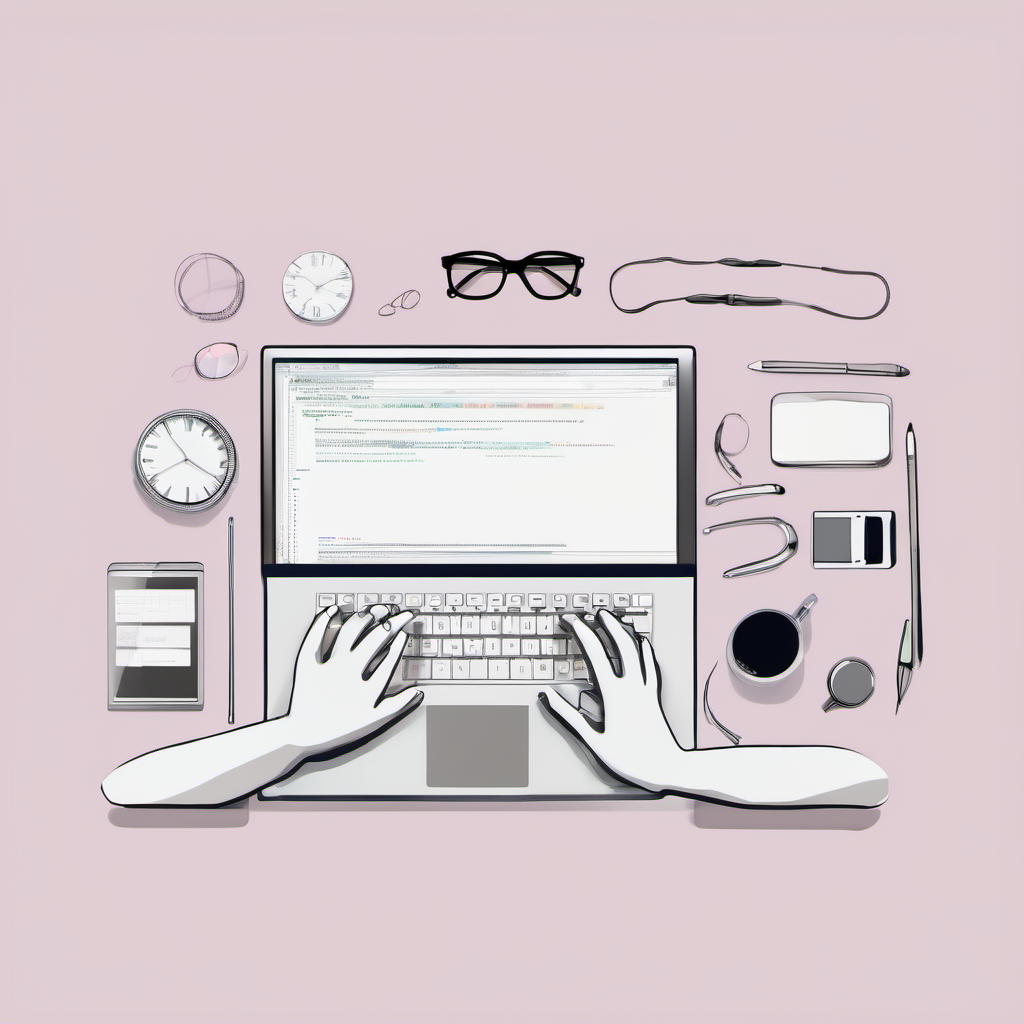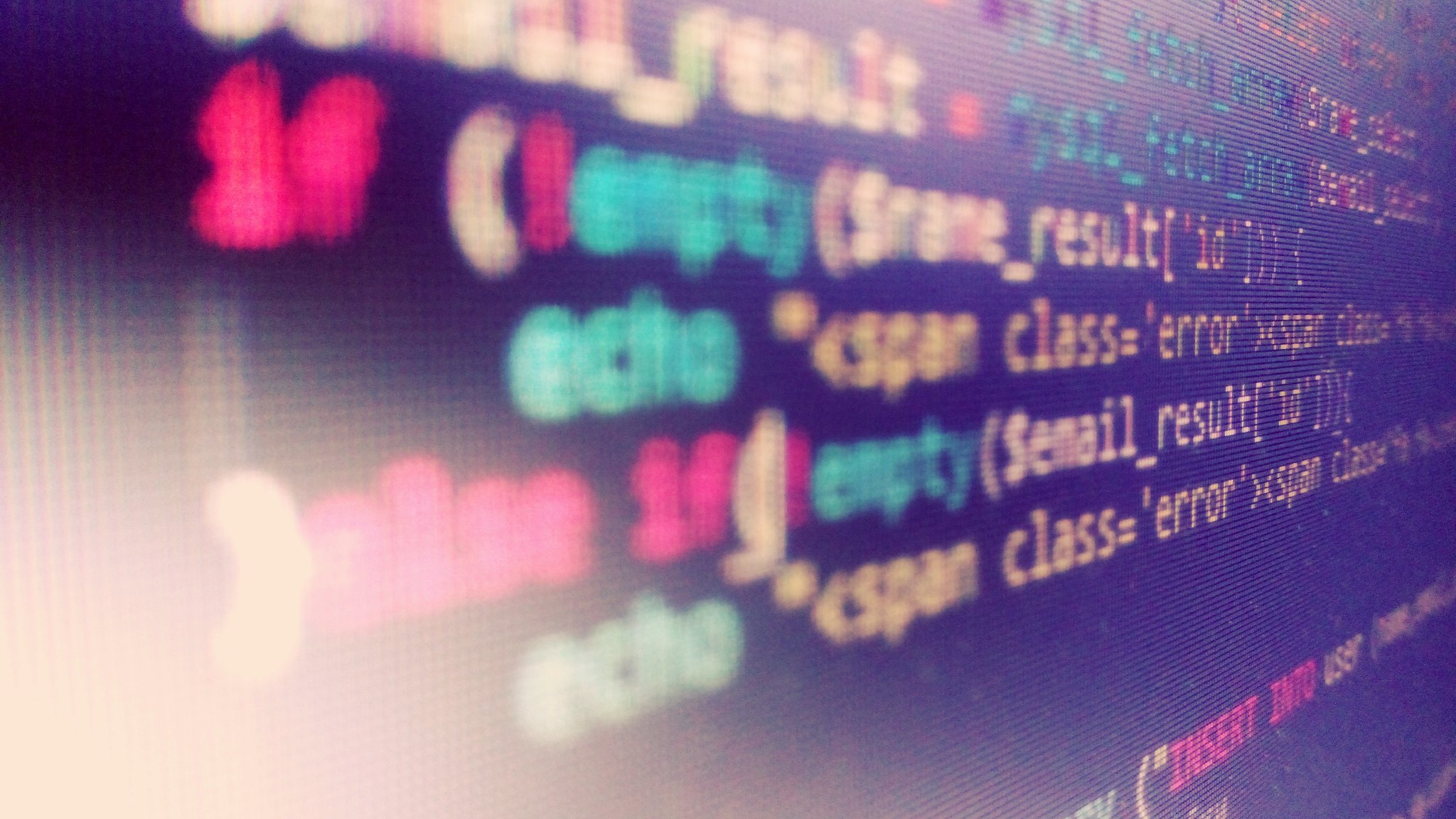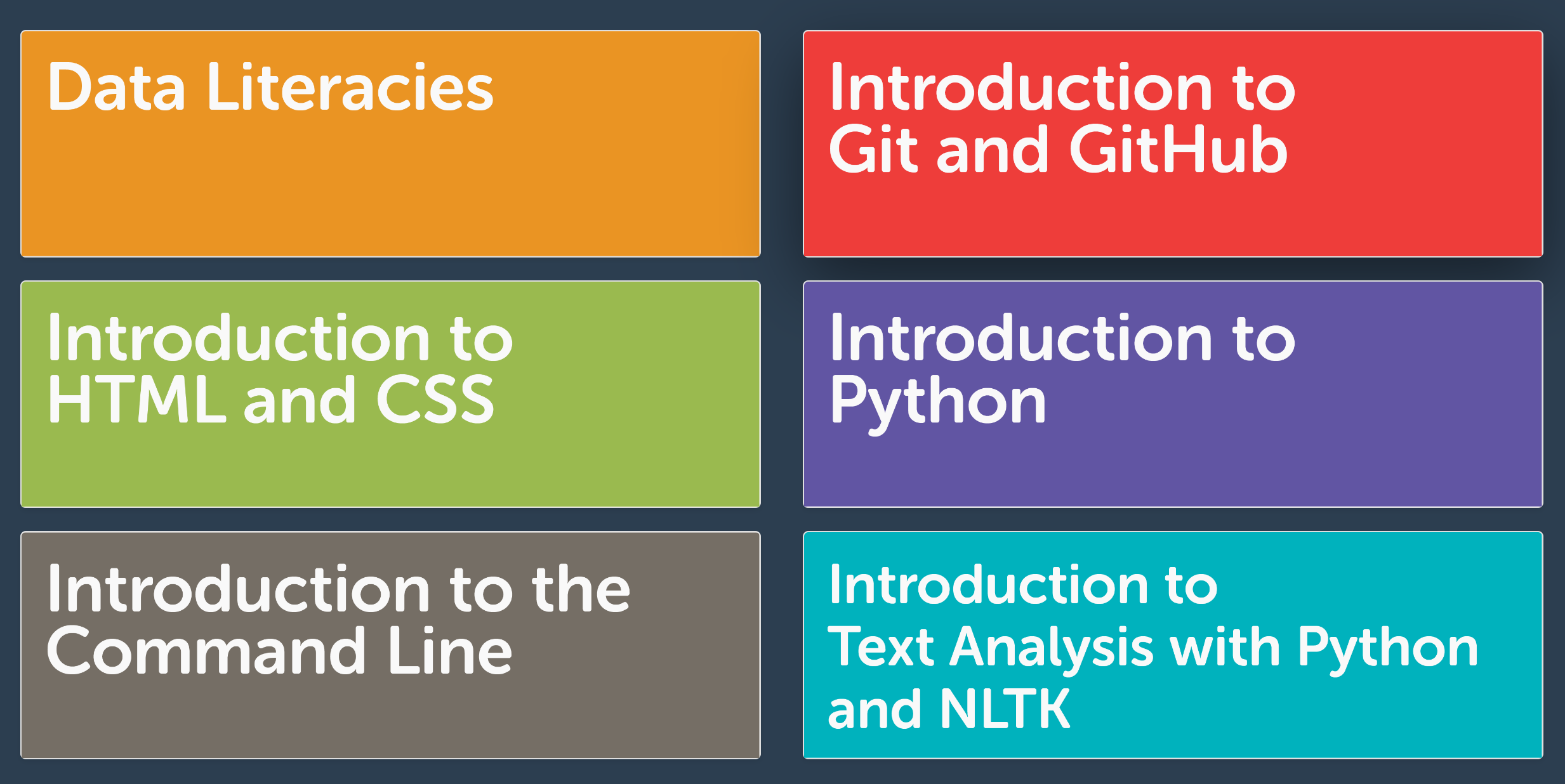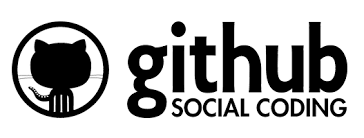
“Hello, world!” That’s the message that we prompted our computers to print with the first line of code that we wrote, and it really felt like saying hello to a new dimension. That was a sustained feeling at each of the five meetings of the Digital Research Institute (DRI), held between January 29 and February 27. The creative space therein, marked by a collaborative ethos nurtured by the GC Digital Fellows, was particularly refreshing at a time when, because of the pandemic, a sense of community was so hard to achieve.
On a personal level, the institute helped me to discover possibilities I had not considered, such as using python for text analysis in my research. In fact, the conversations we had and the digital tools we explored during those five weeks, made me realize that, as part of my dissertation, I want to develop a digital project that includes public data and mapping tools. The DRI motivated me to challenge myself with new digital adventures. Additionally, cutting through different topics and listening to the rest of the participants’ ideas and projects was central to understanding what approaches to digital tools can be used to best respond to a world where data and technology are at the center of our everyday life.
You might be wondering how the institute facilitated all of this. In large part, it was “simply” due to the ethos of the Digital Fellows —a learning community that offers the experience accumulated during their years as digital humanities practitioners to those of us who are just starting the journey. I used quotation marks to acknowledge that this kind of simplicity is not easy to achieve in academia. What we easily find, instead, is a traditional and patriarchal individualistic model that encourages people to compete; an approach that creates unhealthy relationships with each other and with our own work.
The DRI creates a counternarrative to such dominant academic practices; a narrative with an emphasis on collaboration, empathy, and humility. For instance, the very first ice-breaking activity of the introductory session of the DRI consisted of splitting participants into groups of four, each led by a fellow. After the team members introduced themselves to each other, each group created their own channel on the collaborative Slack workspace to which all participants took part. Being part of a team allowed me to create more intimate bonds, give and receive asynchronous support, and stay in contact with other participants in the time between workshops. This sense of connection was then reinforced every Saturday, during each synchronous Zoom session.
The DRI was a gateway opportunity that led to participating more consistently to the events organized by GCDI and to becoming a member of the Digital GC Community. At the DRI and the other GCDI events I attended, the fellows created the collaborative environment required to be successful in any setting as challenging as one where technology is involved, one that includes the openness to say “I don’t know” or “I need help.” This attitude creates the conditions of possibility to shift from a learning process overwhelmed by frustration to a playful one, where you can learn with genuine curiosity. I would recommend anyone interested or curious about digital tools to get involved!






